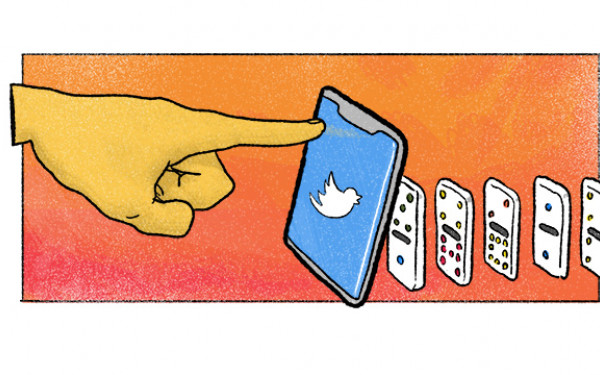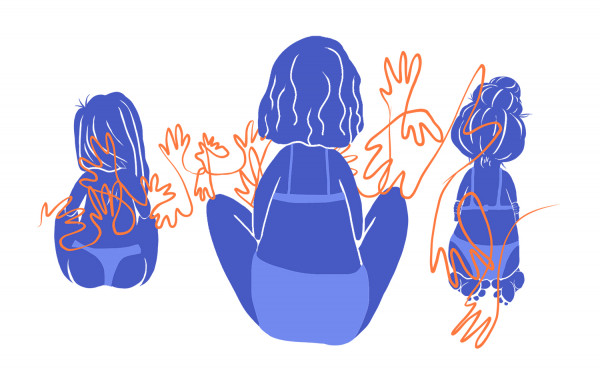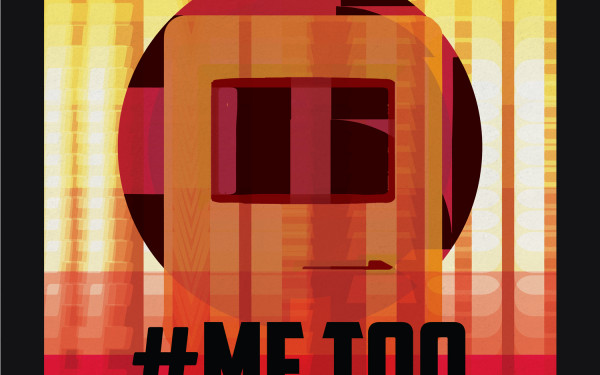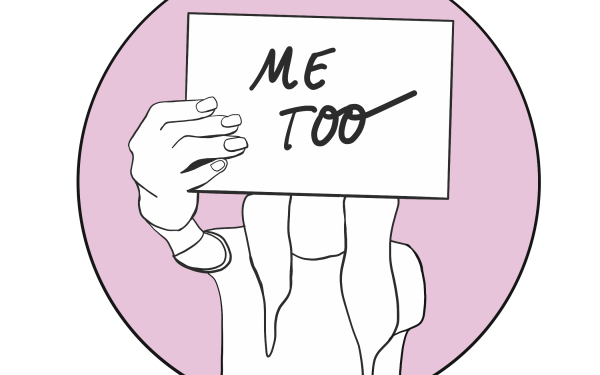How Toxic Masculinity Affects Sexual Assault Survivors
Why is it so Hard for Men to Admit Having Been Assaulted?
October 2017 was an eventful, and dreadful month for Quebec’s entertainment industry.
As the United States were plagued with the post-Weinstein wave of allegations, Quebec was in a similar uproar.
On October 18, La Presse broke a story concerning alleged sexual misconduct, and assault performed by Eric Salvail, well-known radio producer and animator of Quebec radio stations. Eleven survivors came forth, but only one agreed to have his name, and testimony published; Marco Berardini. Indeed, Salvail’s survivors were all male, and only one agreed to share his experience to raise awareness.
On the following day, Le Devoir published yet another sexual allegation story, this time, involving well-known co-producer of one of the biggest empires, Just for Laughs, Gilbert Rozon. Whilst La Presse’s story had only one name to share with the public, Le Devoir had seven, amongst the nine survivors who came forth, and they were all women.
Why is this comparison important to point out? Do I mean to say that women have an easier time coming forth, and admitting to being survivor of sexual assault? To a certain extent, yes, I am saying that. And I applaud those who do not fear being doubted or dismissed, and refuse to remain silent.
But what about men? Cue the rolling of eyes, and complaints asking me what men have to do with this. However, I urge you to read the articles again. Both write about the same amounts of testimonies shared. The fact that Eric Salvail had 11 male survivors, but only one chose to share his experience, whilst Gilbert Rozon’s case had seven out of nine women step up and denounce him, is an important distinction.
Throughout the years, I have found that when sexual allegations concerning a public figure are published in the media, a flow of female survivors gather up the courage to speak out. Unfortunately, that was not the case with Salvail’s story.
Instead, Marco Berardini found himself the only soul brave enough to confess to being a sexual assault survivor, despite being a man.
I wish I could say in 2018, people adhere to the notion that maybe men do get raped, just as women do, but I can’t. Nowadays, you can still hear the condescending tones in their voices.
“What a p*ssy!”
“How can men get raped, though?”
“And you call yourself a man. How weak do you have to be to get raped?”
There’s a term for this—toxic masculinity. It refers to the need to remind men that they should act according to their gender—as a macho, masculine, and assertive man, sometimes to a dangerous extent. I have little problem with the idea of masculinity as a whole. At the end of the day, whether we care to admit it or not, certain social constructions appeal to us, and to me, this is one of them.
My emphasis is on the word “toxic.”
Toxic masculinity means that men cannot drift away from the socially constructed ideal of masculinity without the fear of not being “man enough.” Something as simple as a man crying, will warrant him the ever-so-coveted abbreviation of ‘pusillanimous.’ What about if he comes out with a sexual assault story? Forget about ever calling him a man then.
Feminism does a great job at urging women to come forth, and express themselves. However, who works on making men feel like they should as well? Your direct answer would be feminism as well! It is about gender equality, and everyone being held on a similar spectrum.
You might be tempted to respond that men don’t need to be encouraged to do so, they have the patriarchy for that. And to some extent, that is true, but toxic masculinity is rooted in patriarchal values. Feminism’s main objective is to abolish the patriarchy, for it does more harm than good, to all genders.
So here’s to obliterating this antiquated societal norm, starting with men’s take on sexual assault.
Don’t do it, and don’t be afraid to speak up about it!





